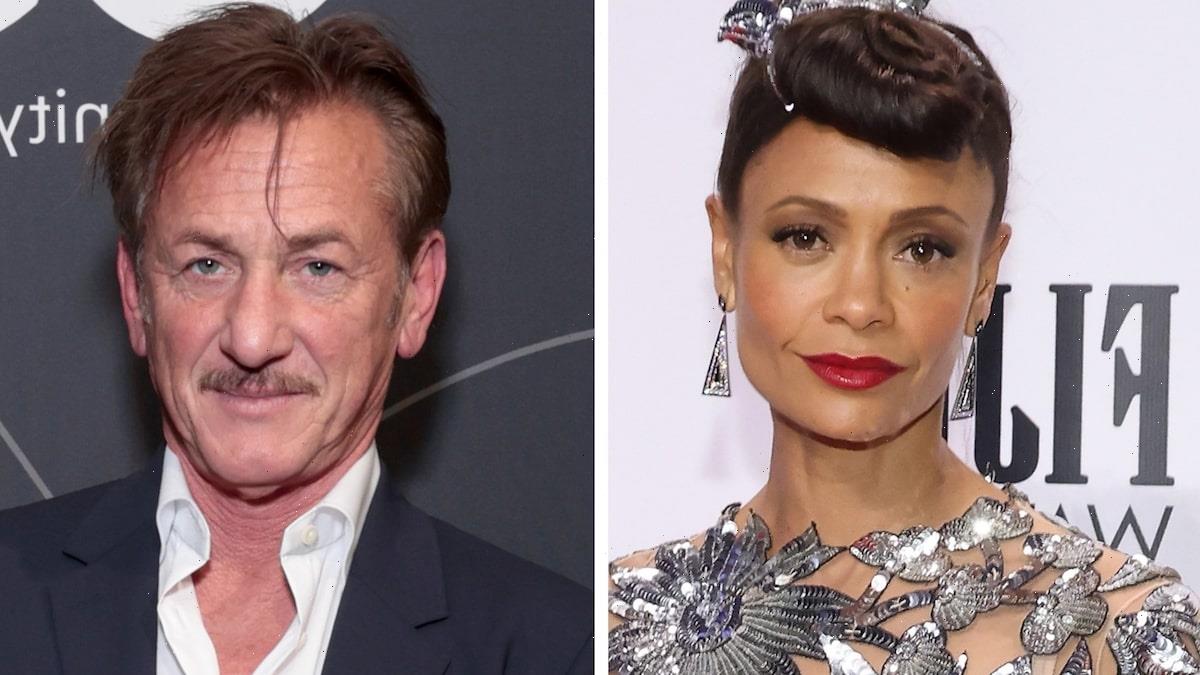By David Morgan
WASHINGTON (Reuters) – A handful of Republicans pushed back against former President Donald Trump's weekend offer to consider pardoning people convicted of joining the deadly Jan. 6, 2021, assault on the U.S. Capitol, saying it showed he would "do it all again" if he regains the White House in 2024.
"Trump uses language he knows caused the Jan. 6 violence; suggests he'd pardon the Jan. 6 defendants, some of whom have been charged with seditious conspiracy; threatens prosecutors; and admits he was attempting to overturn the election," U.S. Representative Liz Cheney posted on Twitter on Monday. "He'd do it all again if given the chance."
Cheney is one of just two Republicans taking part in the U.S House of Representatives' official investigation of Jan. 6.
Cheney and a few other Republicans spoke out after a weekend in which former President Trump at a Saturday rally in Conroe, Texas, offered to consider pardoning people convicted of joining the attack if elected to a second term in 2024 and called for protests against prosecutors in New York and Georgia investigating him and his company.
He followed up Sunday evening with a statement repeating his false claims that his vice president, Mike Pence, "could have overturned the Election" that Trump lost to Democrat Joe Biden.
He also lambasted a bipartisan effort led by Republican Senator Susan Collins to reform the federal law that allows Congress members to dispute presidential election results.
Representative Adam Kinzinger, the other Republican on the Jan. 6 committee, wrote on Twitter late on Sunday that it was "time for every Republican leader to pick a side … Trump or the Constitution, there is no middle on defending our nation anymore."
Trump's comments on targeting prosecutors led Fulton County, Georgia, District Attorney Fani Willis, who is investigating whether Trump tried to influence the state's handling of the election, to ask the FBI for additional security for her office.
She noted in a Sunday letter to the FBI's Atlanta field office that her concerns were driven by Trump's comments in Texas attacking "radical, vicious racist prosecutors" and encouraging protests in Washington, New York and Atlanta.
Trump was impeached in the House but acquitted in the Senate last year on a charge of inciting the deadly Jan. 6 attack, in which thousands of his supporters stormed the Capitol in the worst assault on Congress since the War of 1812. Cheney and Kinzinger voted for his impeachment, and Collins voted to convict him.
Fueled by Trump's false claims that his November 2020 election defeat was the result of fraud, the attackers sought to stop Congress from certifying Biden's victory and threatened to hang Pence for refusing to overturn the results. More than 700 people have been charged with joining in the assault.
Other Republicans on Sunday also rejected his remarks about pardons.
"The folks that were part of the riots and, frankly, the assault on the U.S. Capitol, have to be held accountable. There is a rule of law," New Hampshire Governor Chris Sununu told CNN.
Senator Lindsey Graham, a staunch Trump ally, voiced his own concerns about the potential for repeated violence.
"I don't want to reinforce that defiling the Capitol was OK. I don't want to do anything that would make this more likely in the future," he told CBS.
(Reporting by David Morgan, additional reporting by Susan Heavey and Doina Chiacu; Editing by Scott Malone and Jonathan Oatis)
Source: Read Full Article

